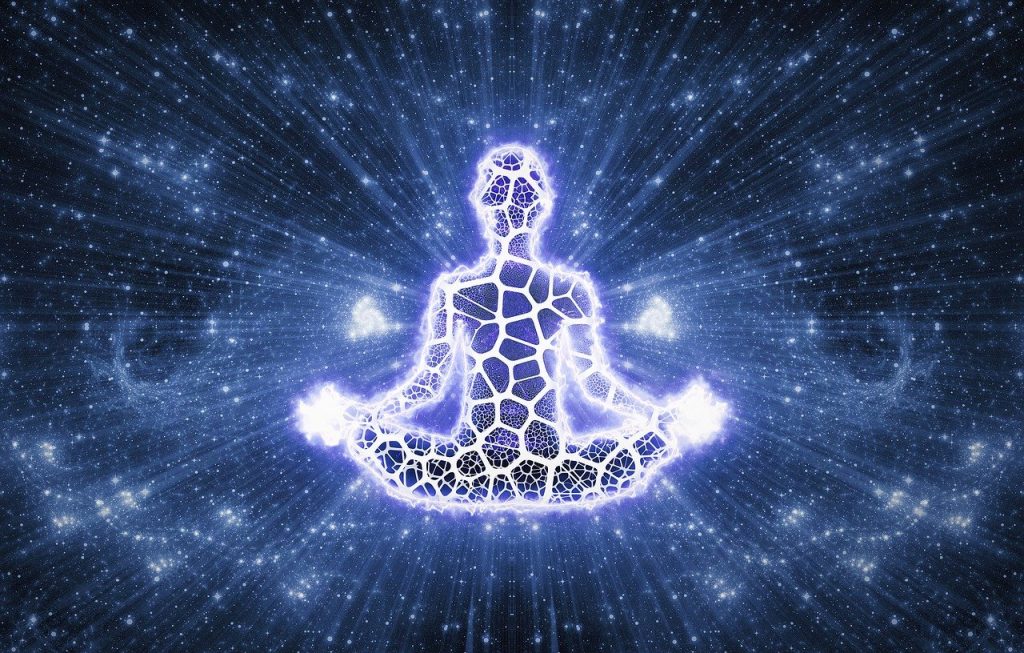Navigating Tough Times – “Pain Exists”: On Suffering, Acceptance, and the Unavoidable Reality of Being Human
Nearly all of us have, at some point in our lives, felt the ache of despair so deeply that it transforms into a visceral, almost physical sensation. Even when rooted in psychological turmoil, pain carves itself into our bones.
In this world, suffering finds us all. It arises from personal struggles—heartbreak, loss, unmet desires—or collective crises: the turmoil of our nations, the tragedies of strangers, the irreversible injustices endured by humans and creatures alike.
Yet even in a world perfected by fairness and equity, suffering would persist. As life unfolds, pain remains an inescapable companion on our journey. We often mistake happiness as life’s default state, while viewing sorrow as an aberration to be fixed immediately.
While we can resolve some hardships with wisdom or action, there are moments when we’re left paralyzed, stranded with our pain. As Le Guin writes:
“Pain exists.”
Perhaps, then, what we must learn is not how to vanquish suffering, but how to coexist with it. If pain cannot be avoided, how do we hold space for it? How do we endure it without letting it define us?
In exploring our own experiences with suffering, we may find personal answers. Below are mindful strategies to navigate life’s inevitable storms while nurturing resilience.
1. Allow Yourself to Grieve Fully
Easier said than done—we know.
Some wounds have no cure: terminal illness, natural disasters, unrequited love, death, or irrevocable losses. In such moments, rage and resistance feel instinctive.
Acceptance is often prescribed, and sometimes it’s the only path forward. But how we reach acceptance matters. The emotional stages—denial, anger, bargaining—are not failures. They are our psyche’s mechanisms to protect us, to regain control.
Suppressing these emotions traps pain in our bodies and minds. Ignoring our suffering to prioritize responsibilities or societal roles only fossilizes it, turning it into a ticking time bomb.
Instead, honor your pain. Listen to its needs. Let it move through you.
2. Surrender to a Trusted Companion
In the throes of despair, we often tell ourselves:
“This pain will last forever.”
The future feels barren—a wasteland where joy and peace are obsolete. In such states, we struggle to think clearly, neglect basic needs, and drown in self-blame.
This is when leaning on a trusted friend becomes vital. Let them guide you:
- When they say, “This will pass,” repeat it—even if disbelief lingers.
- When they urge you to step outside, walk with them—even if every step aches.
- When they insist you eat or seek help, trust them—even if it feels pointless.
This isn’t about blind obedience. It’s about letting love and care soften the edges of your anguish.
3. Transform Pain into Purpose
Pain can drive us into isolation, but connection heals. Seek communities who share your struggles—their stories can be balm for your soul.
Even more transformative? Channel your pain into service. Start a support group, advocate for change, or create art that speaks to shared wounds. By focusing on collective healing, you reclaim agency.
Your pain matters, but it is not the entirety of existence. Life’s vastness persists—a mosaic of beauty and brokenness. Contributing to it, even in small ways, reminds us: We are not alone.
4. Remember: Pain’s Intensity Shifts
In darkness, we forget: storms pass. While some grief never fully dissolves, most anguish fades with time.
Whisper these truths to yourself:
“This will pass.
These feelings are temporary.
I will feel joy again.
My life is more than this pain.
All things are transient—life is still a tapestry of wonder.”
Final Thoughts
Pain is universal, yet so is resilience. By embracing suffering as part of life’s fabric—not an enemy—we learn to walk with it, not against it. In doing so, we uncover strength we never knew we had.







